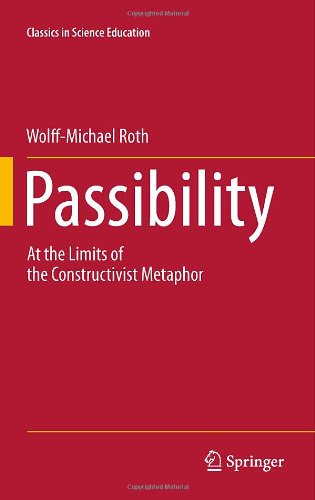

Most ebook files are in PDF format, so you can easily read them using various software such as Foxit Reader or directly on the Google Chrome browser.
Some ebook files are released by publishers in other formats such as .awz, .mobi, .epub, .fb2, etc. You may need to install specific software to read these formats on mobile/PC, such as Calibre.
Please read the tutorial at this link: https://ebookbell.com/faq
We offer FREE conversion to the popular formats you request; however, this may take some time. Therefore, right after payment, please email us, and we will try to provide the service as quickly as possible.
For some exceptional file formats or broken links (if any), please refrain from opening any disputes. Instead, email us first, and we will try to assist within a maximum of 6 hours.
EbookBell Team

0.0
0 reviewsThis book argues that the ‘constructivist metaphor’ has become a self-appointed overriding concept that suppresses other modes of thinking about knowing and learning science. Yet there are questions about knowledge that constructivism cannot properly answer, such as how a cognitive structure can intentionally develop a formation that is more complex than itself; how a learner can aim at a learning objective that is, by definition, itself unknown; how we learn through pain, suffering, love or passion; and the role emotion and crises play in knowing and learning.
In support of the hypothesis that passibility underlies cognition, readers are provided with a collation of empirical studies and phenomenological analyses of knowing and learning science—in schools, scientific laboratories and everyday life—all of which defy a constructivist explanation. The author argues that ‘passibility’ constitutes an essential factor in the development of consciousness, with a range of essential experiences that cannot be brought into the linguistic realm. His exploration is guided by concepts such as ‘otherness’, passion, passivity and undecidability, and concludes by resituating the construction metaphor to accord it its proper place in a more comprehensive theory of learning.